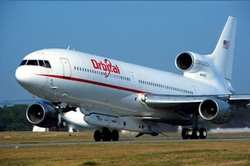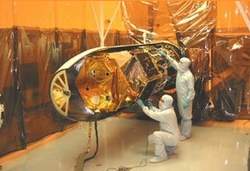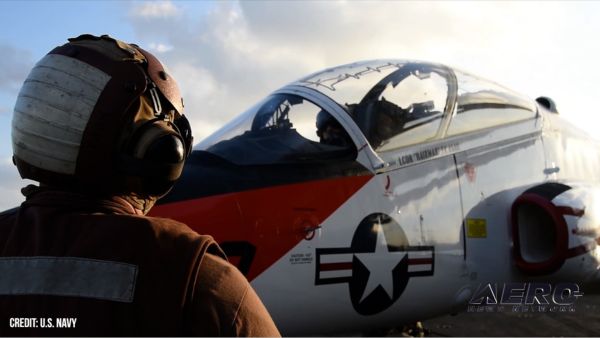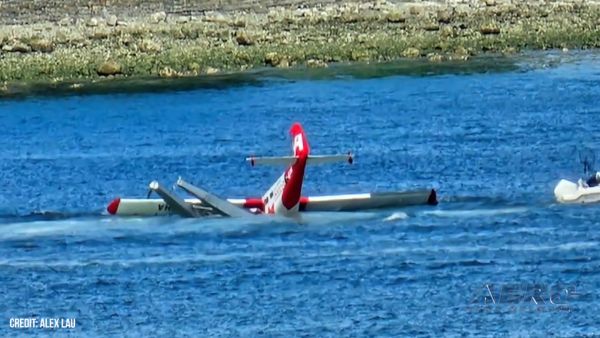Tue, Jan 28, 2003
Advertisement
More News
 ANN's Daily Aero-Term (06.10.24): Known Traffic
ANN's Daily Aero-Term (06.10.24): Known Traffic
Known Traffic With respect to ATC clearances, means aircraft whose altitude, position, and intentions are known to ATC.>[...]
 ANN's Daily Aero-Linx (06.10.24)
ANN's Daily Aero-Linx (06.10.24)
Aero Linx: Aviation Suppliers Association (ASA) Established February 25, 1993, the Aviation Suppliers Association (ASA), based in Washington, D.C., is a not-for-profit association,>[...]
 ANN's Daily Aero-Term (06.11.24): Abeam
ANN's Daily Aero-Term (06.11.24): Abeam
Abeam An aircraft is “abeam” a fix, point, or object when that fix, point, or object is approximately 90 degrees to the right or left of the aircraft track. Abeam indic>[...]
 ANN's Daily Aero-Linx (06.11.24)
ANN's Daily Aero-Linx (06.11.24)
Aero Linx: The Air Charter Safety Alliance The group, called the Air Charter Safety Alliance, will raise awareness of illegal charter flights among potential customers, charter bro>[...]
 Aero-News: Quote of the Day (06.11.24)
Aero-News: Quote of the Day (06.11.24)
“For months, ALPA has been sounding the alarm on the ongoing efforts by some aircraft manufacturers to remove pilots from the flight deck and replace them with automation. To>[...]
blog comments powered by Disqus





